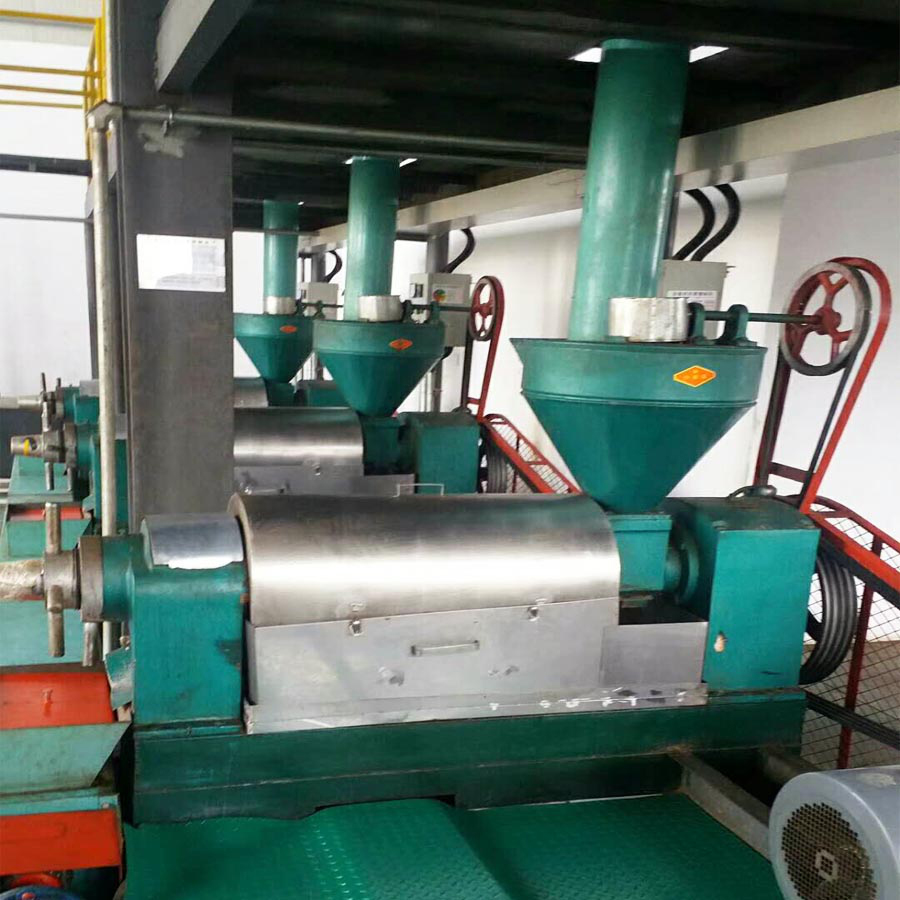Sep . 27, 2024 19:12 Back to list
food oil refined unit factory
The Importance of Refined Food Oil Production Units
In recent years, the demand for refined food oils has surged globally due to their versatility in cooking, baking, and food production. The establishment and operation of refined food oil production units have become critical in meeting these demands efficiently and sustainably. This article explores the significance of these units, the processes involved, and the impact they have on the food industry.
Understanding Refined Food Oils
Refined food oils are extracted from various sources, including seeds, nuts, and fruits. Commonly used oils include soybean oil, canola oil, palm oil, and sunflower oil. The refining process is essential to enhance the oil's flavor, shelf life, and nutritional value while removing impurities and potential toxins that can arise during extraction.
The Refining Process
1. Extraction The first step involves extracting crude oil from raw materials. Methods such as mechanical pressing or solvent extraction are commonly employed. Each method has its pros and cons, impacting the taste and nutrients of the final product.
2. Degumming Once the crude oil is obtained, it undergoes degumming to remove phospholipids and other impurities. This step is crucial as it enhances the oil's clarity and stability.
3. Neutralization The degummed oil is then neutralized to eliminate free fatty acids, which can cause off-flavors and rancidity. This process is typically performed using an alkaline solution.
4. Bleaching In this phase, the oil is treated with adsorbents to remove pigments and contaminants. Bleaching ensures that the oil visually appeals to consumers and maintains its flavor integrity.
food oil refined unit factory

5. Deodorization Finally, deodorization is conducted to eliminate any remaining odors or flavors. This is achieved through steam distillation, producing a neutral oil suitable for various culinary applications.
Role of Food Oil Refined Units
Refined food oil production units play a pivotal role in the food supply chain. They not only contribute to food safety by ensuring that oils meet health standards but also enhance the quality of cooking oils available to consumers. These units are equipped with advanced technology to optimize production efficiency, minimize waste, and reduce environmental impact.
Furthermore, these units can adapt to changing consumer preferences, including the increasing demand for healthier oils, such as olive and avocado oil. By investing in innovative refining techniques, manufacturers can respond to market trends and improve their product offerings.
Economic Impact
The establishment of refined food oil production units contributes significantly to local economies. They create jobs in various sectors, from agriculture to manufacturing and distribution. Moreover, these units stimulate local farmers by providing a steady market for their raw materials, thereby fostering economic growth in agricultural communities.
Conclusion
The significance of refined food oil production units cannot be overstated. They are integral to ensuring the availability of safe, high-quality oils that cater to diverse culinary needs. As consumer preferences continue to evolve, these units must innovate and adapt to remain relevant in the competitive food industry. Ultimately, the successful operation of refined food oil units not only benefits consumers but also strengthens the entire food supply chain, contributing to a more sustainable and resilient food system.
-
Oil Processing Equipment - High-Efficiency Flaking Machine
NewsJul.25,2025
-
High-Efficiency Peanut Oil Refined Machine for Quality Oil Production Leading Exporters & Companies
NewsJul.08,2025
-
High Efficiency Sunflower Seed Oil Press – Leading Cooking Oil Press Machine Factories & Suppliers
NewsJul.08,2025
-
High-Efficiency Soybean Oil Press Machine – Leading Exporters & Reliable Companies
NewsJul.07,2025
-
High-Efficiency Seed to Oil Extractor – Reliable Extraction Machinery for Your Business
NewsJul.07,2025
-
High-Quality Pressing Screw of Oil Expeller for Efficient Oil Extraction Leading Exporters & Manufacturers
NewsJul.06,2025
